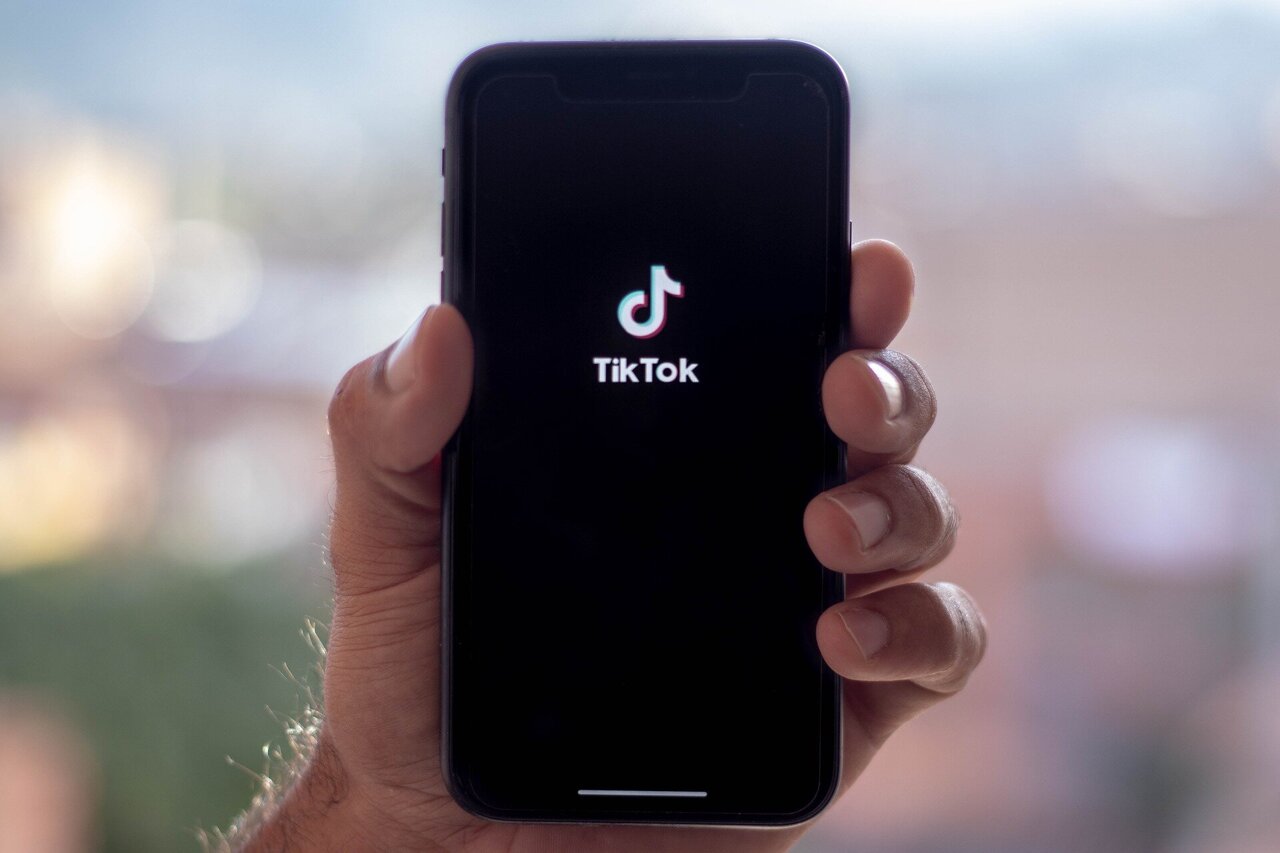Understanding Identity Performance in Hereditary Cancer Content on TikTok
A recent study has delved into how individuals with hereditary cancer use TikTok to express their identities. This research, published in the journal Social Media + Society, examines two specific conditions—Breast Cancer (BRCA) and Lynch Syndrome. Those who carry these genetic mutations face a significantly higher risk of developing certain types of cancer over their lifetime.
The researchers conducted a qualitative content analysis of 100 TikTok videos, focusing on how users present themselves and interact with others on the platform. They found that identity is often performed through the adoption of “roles,” where users take on different personas or characters depending on the situation and context.
Roles Played by Content Creators
Through their analysis, the researchers identified several distinct roles that content creators adopt when discussing hereditary cancer. These include:
- The Celebrator: Individuals who share positive stories about their experiences, highlighting resilience and hope.
- The Defender: Creators who advocate for awareness and support, often challenging misconceptions about hereditary cancer.
- The Mentor: Those who provide guidance, advice, and resources to others navigating similar challenges.
These roles reflect how users engage with their audience, shaping narratives around hereditary cancer in ways that are both personal and informative.
Implications for Social Media Users
Dr. Hannah Ditchfield and Dr. Stefania Vicari, from the School of Sociological Studies, Politics and International Relations, highlighted the broader implications of this research. They explained that the study offers insights into the type of content users encounter when seeking information and support related to their hereditary cancer diagnosis on TikTok.
The findings also contribute to ongoing discussions about how social media platforms like TikTok influence identity performance. While some argue that TikTok is driven more by algorithmic processes than by interpersonal interaction, the researchers suggest that such views may overlook the importance of social connections on the platform.
Revisiting the Role of Interpersonal Interaction
Dr. Ditchfield and Dr. Vicari emphasized that while it’s important to recognize the changes in sociality on TikTok, there is still value in understanding how interpersonal interactions shape identity performance. They argue that even within the constraints of the platform’s algorithm-driven environment, users continue to engage in meaningful exchanges that influence how they present themselves online.
This study not only adds to the conversation about cancer communication but also challenges existing understandings of identity performance in digital spaces. It underscores the complexity of how users navigate and express their identities on social media, particularly when dealing with sensitive topics like hereditary cancer.
Expanding the Conversation
The research opens up new avenues for exploring how social media influences health communication and identity formation. As more people turn to platforms like TikTok for information and support, understanding the dynamics of how users engage with content becomes increasingly important.
By examining the roles individuals play and the ways they interact, this study highlights the evolving nature of digital communication and its impact on personal and collective identity. It also encourages further research into how other health-related communities use social media to share experiences, seek support, and build connections.
Overall, the study provides a valuable perspective on the intersection of health, identity, and social media, offering insights that could benefit both users and researchers alike.







